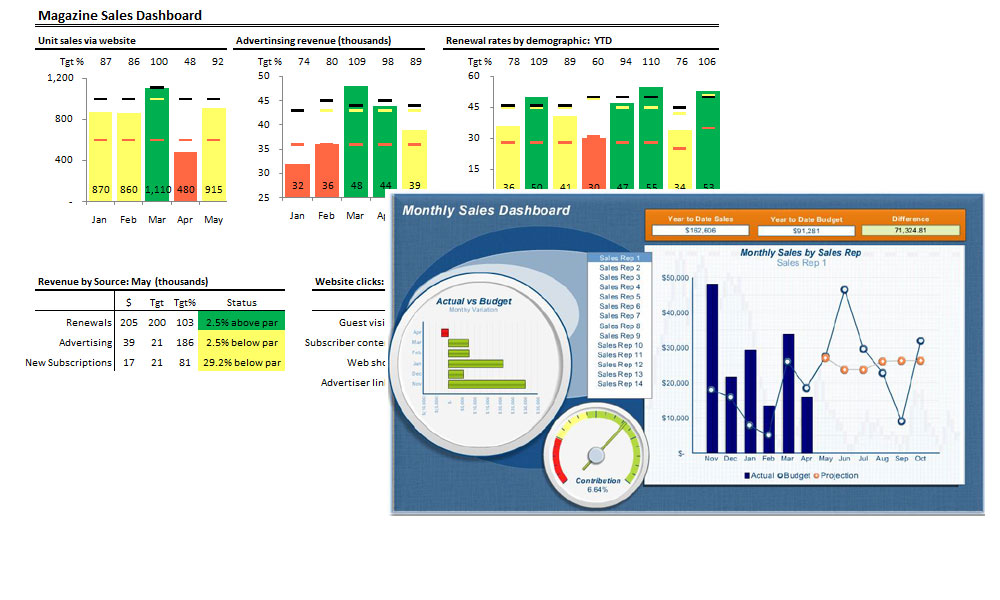By Shane Kavanagh, Consulting Director at Stellar
Stellar consultants are often asked, by new or existing customers, to provide examples of “generic principles.”
Those generic principles might relate to such things as reporting standards, naming conventions, or even what makes a good dashboard.
We’re seeing more of these requests lately. Maybe that’s because nowadays analytics tools can be downloaded easily and trialed by end users, gaining departmental, then executive support, and eventually making their way into the organisation’s self-service Business Intelligence landscape.
What’s wrong with generic advice?
Every organisation’s end-user needs are different, however, so getting the right advice is essential. Taking dashboards, for example, there is certainly some good advice on the subject (see Stephen Few), but in the end the choice of visualisations needs to be driven by the analysis requirements. Applying a one-size-fits-all approach across a range of clients rarely leads to optimal results.
When I’m asked for “generic” advice I always try to understand the intention behind the request. I sometimes wonder, for example, whether an audit review has created the need for action and thus seeking guidance is essentially a box-ticking exercise. Asking for generic advice doesn’t necessarily mean an organisation is committing to the steps required to ensure their approach is fit for purpose.
When I read generic documents – the ones using lots of terms like “should”, “could” or “might” – I see red flags. These words suggest that the authors haven’t addressed a specific business problem. They possibly haven’t understood the extent of data use in the business, how often workaround activities are being created and what decisions the information has to support.
Any recipient of generic information still has to make decisions about which deployment method to pursue and the mode of self-service to apply to their chosen deployment. They still need to assess everyone’s technical literacy and then come up with their own conclusions in determining the most appropriate delivery mode.
Wisdom gained through experience
Stellar consultants use experience gained from working with a wide range of customers, their colleagues, and vendors to design the right solution for each organisation. We fill in the gaps, and turn generic principles into specific deliverables.
Some of the things we consider:
- how the organisation has applied their deployment
- learnings from this deployment
- how business users intend to use the deployment
- the appropriate levels of security
Stellar consultants factor in items like the level of integration, organisational risk, the level of technical competence of the end user population, and the required mobility of the solution (i.e. tablet, phone and desktop).
We also provide organisations with the resources required to ensure a successful, on time, on budget deployment. We can do this because we’ve already faced many of the hurdles that are likely to occur.
But if you’re still looking for generic advice, here are some of the best resources I’ve found. I hope you find them useful.
Microsoft: White Papers for Power BI
Microsoft: Governance and Deployment Approaches
Domo: Resource Library
Domo: BI Guide
SAP: BW/4HANA 1.0 Resources
SAP: BW/4HANA 1.0 Master Guide




